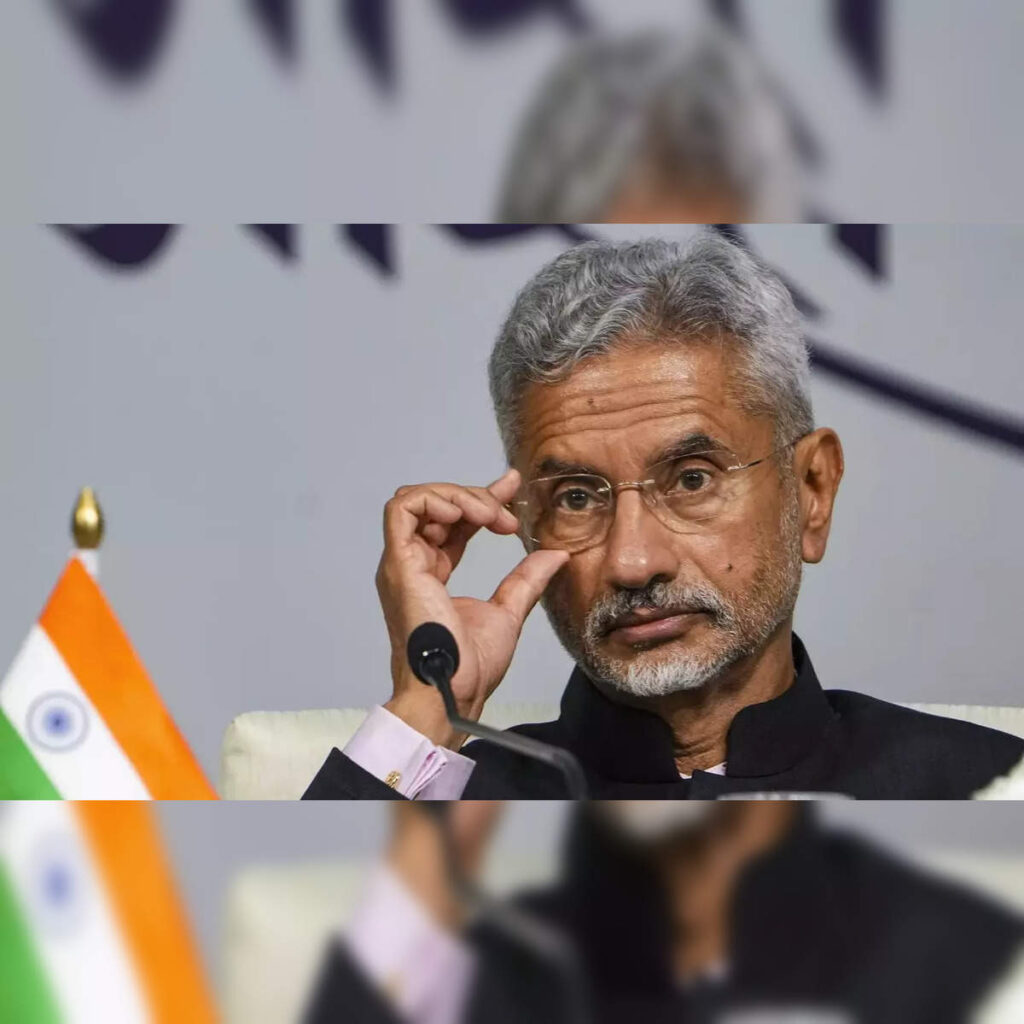By Tirthankar Mitra
A book launch is not the ideal platform to make a foreign policy announcement. Yet external affairs minister, S Jaishankar chose the occasion to announce that the era of uninterrupted dialogue with Pakistan is over.
Jaishankar’s take has dual interpretations. His comment is a pointer to the rigidity of India’s position in the neighbourhood but can be passed off by his supporters as a dose of hard-nosed real politik. The minister did not stop here. Even as many parts of the world have their problems with Beijing, Jaishankar said that India has a special China problem.
Jaishankar’s comments are indications that Prime Minister Narendra Modi will skip the heads of government summit of Shanghai Cooperation Organisation hosted by Pakistan in October . The absence of Modi in Islamabad sets aside the hope of some breakthrough in the bilateral relationship which only the most influential person in Indian political system could have achieved. .
Of late, there have been several diplomatic engagements between India and China. Two meetings were recently held between Jaishankar and his Chinese counterpart Wang Yi. If one hoped for a thaw, the Indian external affairs minister’s reference to China as a special problem put paid to it. Any optimistic expectation in this regard would be naive.
An uptick in terrorist violence in Jammu together with simmering tension in India-China border can be traced to be sources of Jaishankar , a former foreign secretary losing his cool. But then the former career diplomat should have had second thoughts before voicing his opinion.
It is common knowledge that India does not have quiet borders. But there is little need for making these areas pricklier. Actions have consequences, as Jaishankar said at the book release. He was speaking in the context of Pakistan and its support to terrorist activities in Jammu and Kashmir.
Yet the principle of action and consequences holds true for all nations. India must have realistic approach and red lines with regard to its neighbours. Border incursions are in no way to be tolerated. Such attempts are to be responded to in a manner that they are not repeated for a long time.
But India cannot afford to spurn any opportunity to shift the momentum in ties just because such efforts have failed in the past. Diplomacy is a continuing process and no one should have known it better than Jaishankar.
A damage control exercise must be put in place if the .Prime Minister does not travel to Islamabad. Prudence demands that an official who is senior enough represents him to present his country’s case in SCO.
It is necessary to assess how far Pakistan is willing to step forward for any resumption of talks. Both forward and backtrack diplomacy demands it. There is no denying of tensions in Indo-Pak relations. But India must not appear to be sabotaging SCO because of it.
India just has to note how a stream of European and American leaders are visiting beyond the Bamboo Curtain. But at the same time these policy makers nurse deep apprehensions about China. India has its share of problems with its neighbours. But it must not stay in isolation. (IPA Service)

 Bhupinder Singh Hooda Is In Big Spirits To Bring Congress To Power
Bhupinder Singh Hooda Is In Big Spirits To Bring Congress To Power 